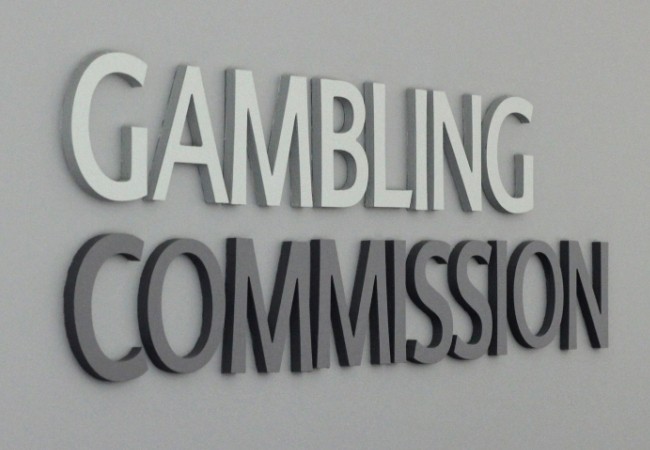By Jay Tavares-
An investigation led by the Gambling Commission has seen the disruption of illegal lotteries operating on social media platform Facebook.
Two individuals were identified as promoting illegal activity and removed from associated Facebook groups after being issued with cease and desist letters. The Commission said they hosted illegal lotteries, which offered a variety of cash prizes, children’s toys and clothing.
Helen Venn, executive director of the Gambling Commission said: “There were hundreds of people taking part in these lotteries but it was important to identify those who were organising and moderating them illegally.
“Working alongside our colleagues at Facebook and the police, we are pleased that key individuals have been identified and this type of activity, which only increases the risk of gambling harm, has been disrupted.
“Illegal lotteries, including those taking place through social media channels, will continue to be a focus for our enforcement work this year as we link up closely with platforms like Facebook to pinpoint not only the activity, but those behind it and those who are breaching gambling rules and social media standards.”
David Gill, Government Agency Intelligence Network (GAIN) coordinator at the South West Regional Organised Crime Unit said: “We know the actual winners in illegal lotteries, which often promise high value prizes and cash draws, are too often the people running them – and they are persistent in their attempts to keep operating.
“We will continue to support the Gambling Commission in targeting and disrupting people profiting from such illegal schemes.
“Work like this shows the value and absolute necessity of the full range of enforcement agencies working together as part of the GAIN network.”
Kevin Benson, GAIN Coordinator based at the North East Regional Special Operations Unit said: “It’s important to acknowledge the harm illegal gambling can cause, especially when unregulated lotteries like these benefit from targeting some of the most vulnerable people in our communities, especially those caught up in a cycle of addiction.
“We will continue to work alongside our partners and help assist in the disruption of illegal lotteries and other gambling platforms.”
Helen Venn, executive director of the Gambling Commission said: “There were hundreds of people taking part in these lotteries but it was important to identify those who were organising and moderating them illegally.
“Working alongside our colleagues at Facebook and the police, we are pleased that key individuals have been identified and this type of activity, which only increases the risk of gambling harm, has been disrupted.
“Illegal lotteries, including those taking place through social media channels, will continue to be a focus for our enforcement work this year as we link up closely with platforms like Facebook to pinpoint not only the activity, but those behind it and those who are breaching gambling rules and social media standards.”
David Gill, Government Agency Intelligence Network (GAIN) coordinator at the South West Regional Organised Crime Unit said: “We know the actual winners in illegal lotteries, which often promise high value prizes and cash draws, are too often the people running them – and they are persistent in their attempts to keep operating.
“We will continue to support the Gambling Commission in targeting and disrupting people profiting from such illegal schemes.
“Work like this shows the value and absolute necessity of the full range of enforcement agencies working together as part of the GAIN network.”
Kevin Benson, GAIN Coordinator based at the North East Regional Special Operations Unit said: “It’s important to acknowledge the harm illegal gambling can cause, especially when unregulated lotteries like these benefit from targeting some of the most vulnerable people in our communities, especially those caught up in a cycle of addiction.
“We will continue to work alongside our partners and help assist in the disruption of illegal lotteries and other gambling platforms.”
Ms Venn, who leads the Commission’s licensing, compliance and enforcement teams, added that many of these lotteries fail to give any funds to good causes, and consumers taking part do not benefit from legal protection.




